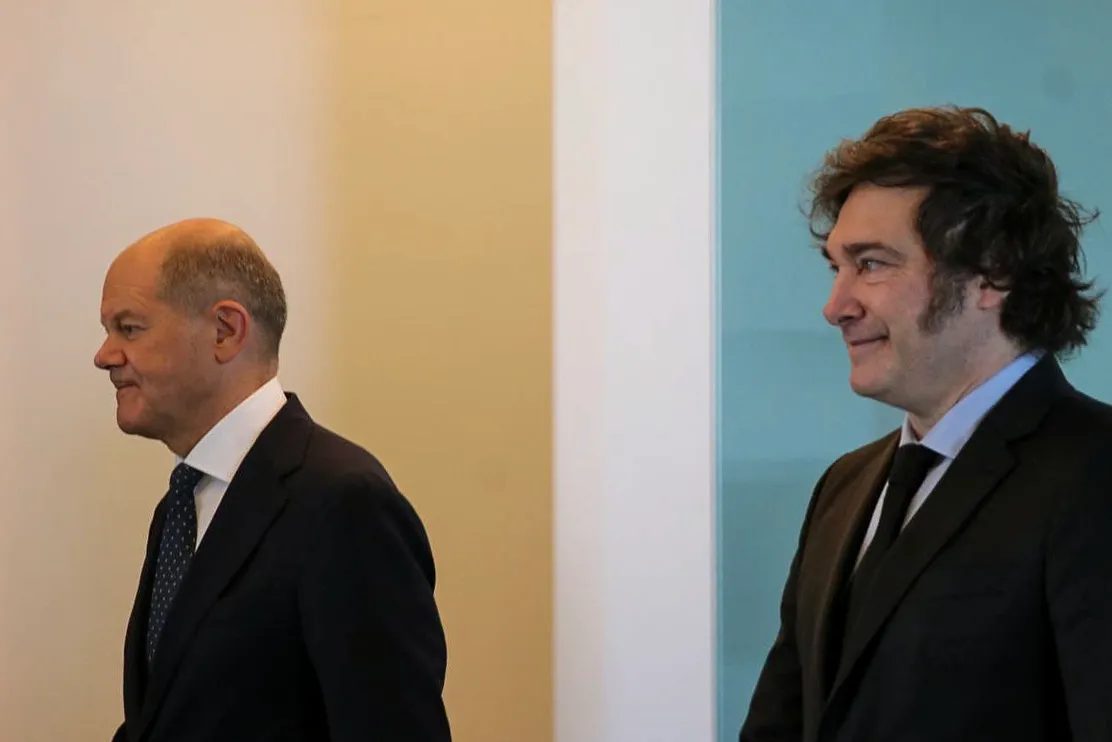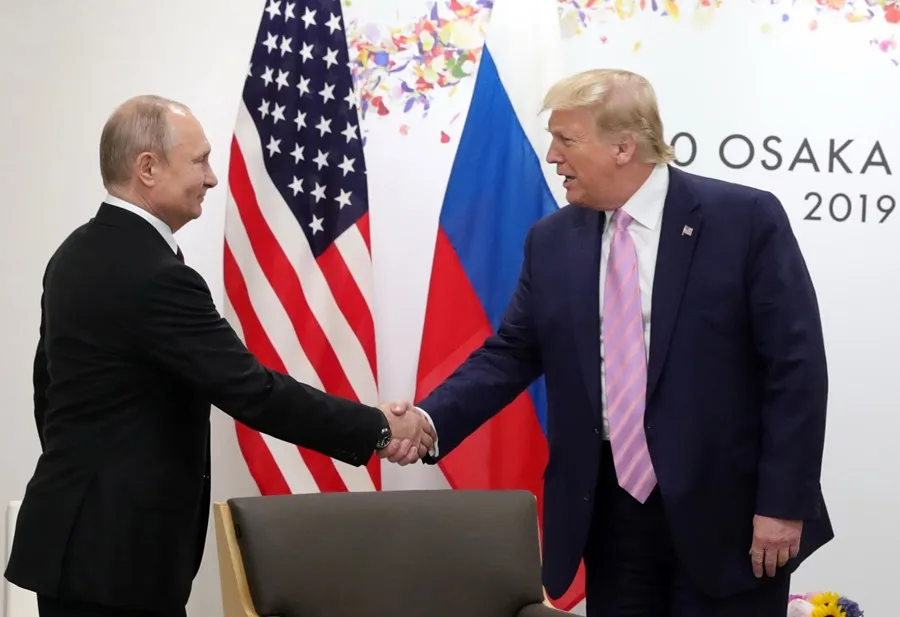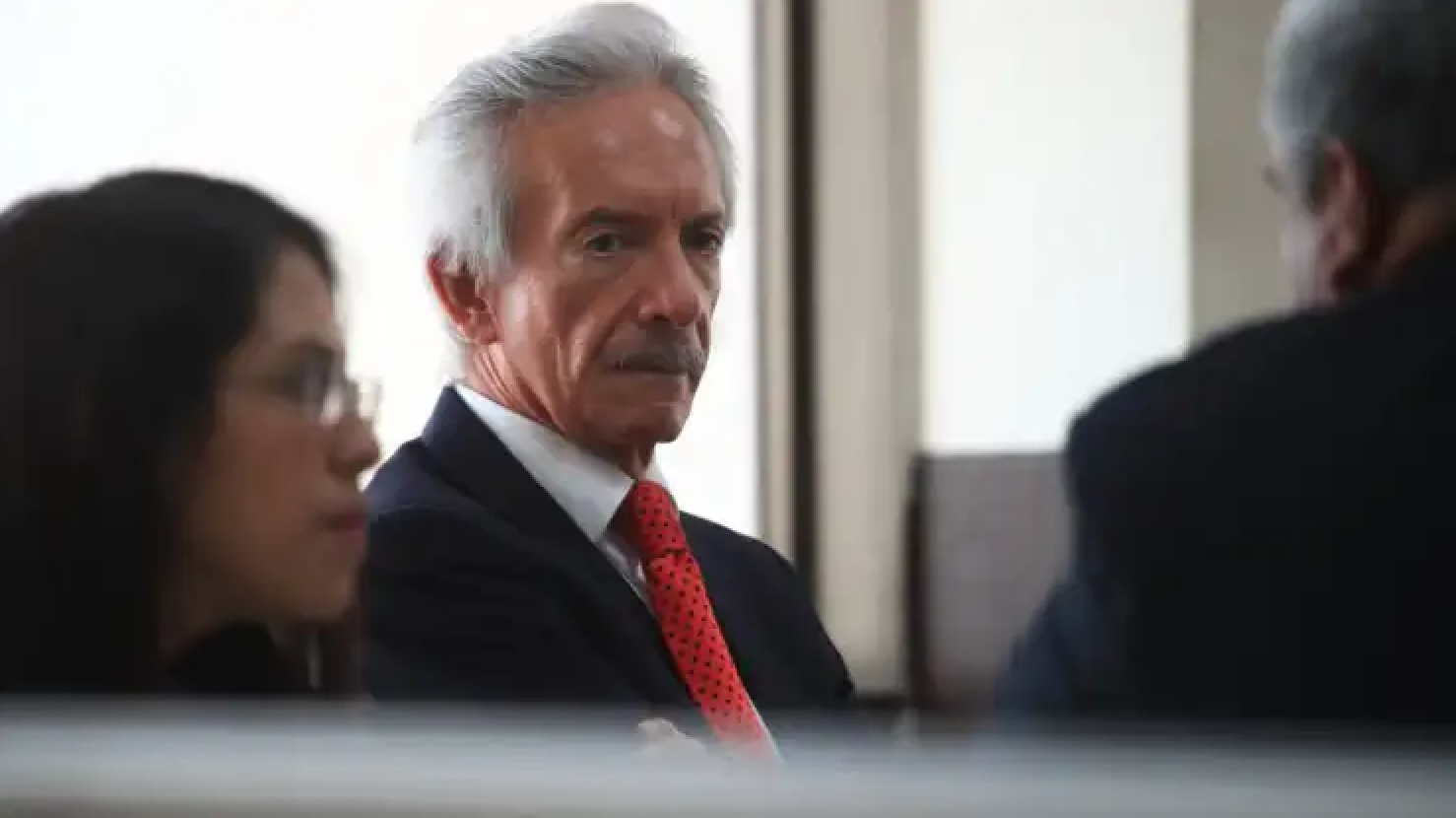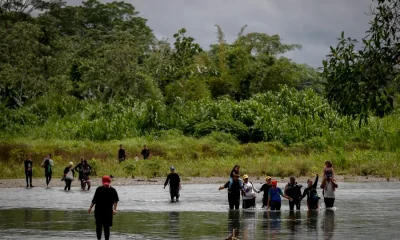International
Milei denies that Scholz has mentioned the social impact of the reforms in Argentina

The president of Argentina, Javier Milei, denied on Monday that the German chancellor, Olaf Scholz, has mentioned to him, at the meeting they held in Berlin, the impact on the social situation of the strong reforms he is making to lower inflation.
“He never mentioned that to me,” “at no time,” Milei replied in an interview on Mitre radio in Argentina, since the official German statement indicated that Scholz stressed the importance of the “social compatibility” of the reforms undertaken by the president.
Milei met with the head of the German Government during the third stopover of his European tour – which the Argentine president describes as “an excellent trip” – which began in Madrid, continued in Hamburg, and after passing through Berlin, he will meet this Monday with the Prime Minister of the Czech Republic, the conservative Petr Fiala.
“Afar from questioning social policy, (the German authorities) weigh it, because they understand that in the face of an adjustment of this caliber and the initial conditions, social policy has had to be extremely good, because in the face of what we have done, it would have been a catastrophe if we had not acted correctly,” Milei explained in another section of the interview.
Milei has managed to reach the fiscal surplus in the first five months of the year, from a deficit of 6% of GDP in 2023, at the expense of a hard adjustment, which allowed him to slow inflation at a rate of 4.2% monthly last May and 276.4% year-on-on-year.
“It was a very productive meeting” and “extremely positive,” Milei said when talking about his meeting with Scholz, the first he has with a social democratic leader since he took the presidency, on December 10.
“The German minister asked us about how the economic program was working, given that (Germany) has an important weight in the IMF,” since Argentina intends to renegotiate (with the IMF) the financing program for more than $41 billion, and “what were the prospects for the future,” Milei explained.
“We have talked about the inconveniences of German companies in Argentina and how we were making progress in solving those problems,” Milei added.
Germany is the eighth foreign investor in Argentina, with interests in the manufacturing, mineral and oil extraction and retail and wholesale sectors, and with the presence of companies such as Siemens, Volkswagen and Bayer.
President Milei also referred to the “issue of natural resources, of extreme importance for Germany,” which “woust be motivating many investments to be made in Argentina,” since both leaders addressed global energy security and the importance of having critical minerals.
Milei mentioned that, as indicated in the official statement issued at the end of the meeting, Argentina’s accession to the Organization for Economic Cooperation and Development (OECD) and the integration of Mercosur with the European Union (EU) was also discussed.
In addition, they talked about Argentina’s entry into the North Atlantic Treaty Organization (NATO) and agreed that Russia has in its hands to end the war of aggression against Ukraine.
International
Trump urges Putin to reach peace deal

On Monday, U.S. President Donald Trump reiterated his desire for Russian President Vladimir Putin to “reach a deal” to end the war in Ukraine, while also reaffirming his willingness to impose sanctions on Russia.
“I want to see him reach an agreement to prevent Russian, Ukrainian, and other people from dying,” Trump stated during a press conference in the Oval Office at the White House.
“I think he will. I don’t want to have to impose secondary tariffs on Russian oil,” the Republican leader added, recalling that he had already taken similar measures against Venezuela by sanctioning buyers of the South American country’s crude oil.
Trump also reiterated his frustration over Ukraine’s resistance to an agreement that would allow the United States to exploit natural resources in the country—a condition he set in negotiations to end the war.
International
Deportation flight lands in Venezuela; government denies criminal gang links

A flight carrying 175 Venezuelan migrants deported from the United States arrived in Caracas on Sunday. This marks the third group to return since repatriation flights resumed a week ago, and among them is an alleged member of a criminal organization, according to Venezuelan authorities.
Unlike previous flights operated by the Venezuelan state airline Conviasa, this time, an aircraft from the U.S. airline Eastern landed at Maiquetía Airport, on the outskirts of Caracas, shortly after 2:00 p.m. with the deportees.
Interior Minister Diosdado Cabello, who welcomed the returnees at the airport, stated that the 175 repatriated individuals were coming back “after being subjected, like all Venezuelans, to persecution” and dismissed claims that they belonged to the criminal organization El Tren de Aragua.
However, Cabello confirmed that “for the first time in these flights we have been carrying out, someone of significance wanted by Venezuelan justice has arrived, and he is not from El Tren de Aragua.” Instead, he belongs to a gang operating in the state of Trujillo. The minister did not disclose the individual’s identity or provide details on where he would be taken.
International
Son of journalist José Rubén Zamora condemns father’s return to prison as “illegal”

The son of renowned journalist José Rubén Zamora Marroquín, José Carlos Zamora, has denounced as “illegal” the court order that sent his father back to a Guatemalan prison on March 3, after already spending 819 days behind barsover a highly irregular money laundering case.
“My father’s return to prison was based on an arbitrary and illegal ruling. It is also alarming that the judge who had granted him house arrest received threats,” José Carlos Zamora told EFE in an interview on Saturday.
The 67-year-old journalist was sent back to prison inside the Mariscal Zavala military barracks on March 3, when Judge Erick García upheld a Court of Appeals ruling that overturned the house arrest granted to him in October. Zamora had already spent 819 days in prison over an alleged money laundering case.
His son condemned the situation as “unacceptable”, stating that the judge handling the case “cannot do his job in accordance with the law due to threats against his life.”
-

 Central America5 days ago
Central America5 days agoNicaragua denounces Costa Rica’s position in SICA as aligned with foreign interests
-

 Central America5 days ago
Central America5 days agoNicaragua’s new judicial law consolidates power in Ortega and Murillo’s hands
-

 Central America5 days ago
Central America5 days agoPanama’s president declares Darién gap ‘closed’ amid sharp drop in migrant flow
-

 International3 days ago
International3 days agoSon of journalist José Rubén Zamora condemns father’s return to prison as “illegal”
-

 International5 days ago
International5 days agoMarco Rubio warns Venezuela against military action against Guyana
-

 International3 days ago
International3 days agoMiyazaki’s style goes viral with AI but at what cost?
-

 Central America2 days ago
Central America2 days agoPanama police clarifies that Interpol alert for Martinelli is still pending
-

 International2 days ago
International2 days agoDeportation flight lands in Venezuela; government denies criminal gang links
-

 Central America16 hours ago
Central America16 hours agoU.S. Homeland Security Secretary urges Mexico to strengthen Guatemala border
-

 International16 hours ago
International16 hours agoTrump urges Putin to reach peace deal
-

 Central America16 hours ago
Central America16 hours agoPanama grants Martinelli 72-hour extension to travel to Nicaragua
-
Central America4 days ago
Nicaragua revokes legal status of 10 more NGOs, bringing total to over 5,600















